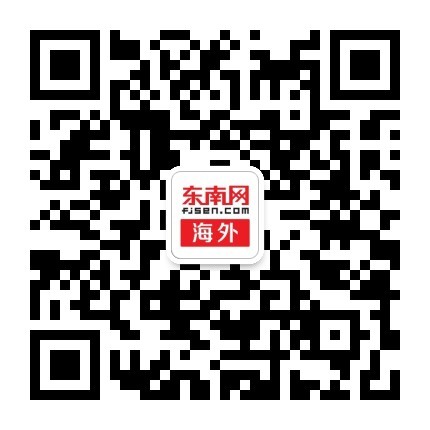MANILA, June 1 (Xinhua) -- The Regional Comprehensive Economic Partnership (RCEP) will enter into force for the Philippines on Friday, allowing the Southeast Asian country to participate in the world's biggest free trade agreement (FTA).
Philippine Trade and Industry Secretary Alfredo Pascual described the RCEP agreement as "a modern, comprehensive, high-quality and mutually-beneficial economic partnership."
"It's all systems go," Pascual said in a statement released on Thursday, adding the Philippines' tariff commitments under RCEP are set to be implemented from June 2.
The secretary said the Philippines has secured enhanced market access for key products of interest, such as preserved pineapples, durian, chocolate and ignition wiring sets. "We see RCEP as a critical key toward inclusive economic growth, not only for the Philippines but within ASEAN," he said.
RCEP offers opportunities in trade and investment for the Philippines, especially in deepening economic integration among the 15 RCEP members and bringing healthy competition to industries in the country.
A study by the Philippine Institute for Development Studies estimated that the Philippines' GDP would increase by 2.02 percent through its participation in RCEP.
The RCEP agreement was signed in November 2020. It went into force on Jan. 1, 2022, for China and nine other countries. The rest of the signatories implemented the trade deal in the following months after ratification.
The Philippines was the last country to ratify the FTA deal, which eases market access to countries including 10 ASEAN members, China, Japan, South Korea, Australia and New Zealand.
